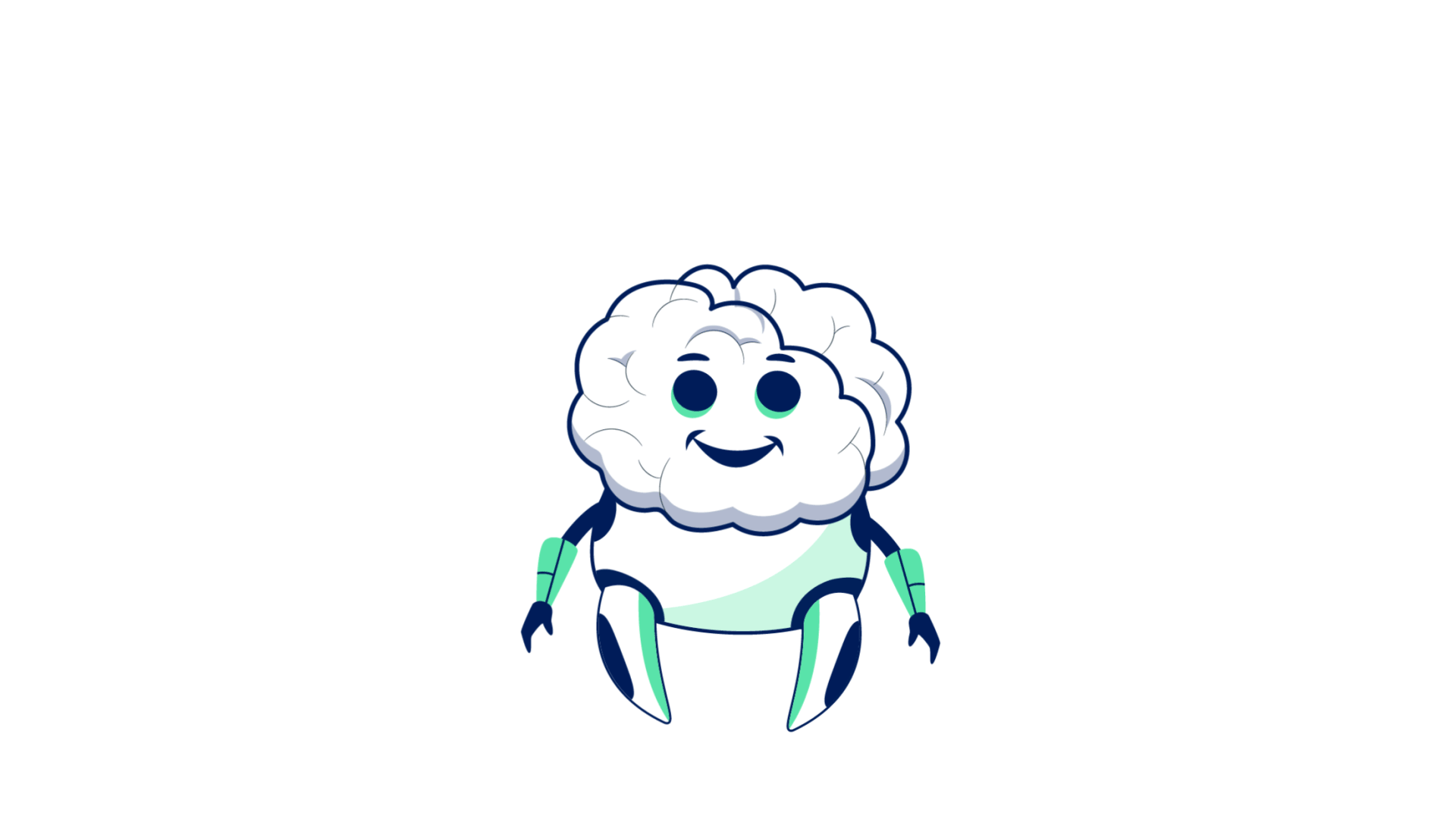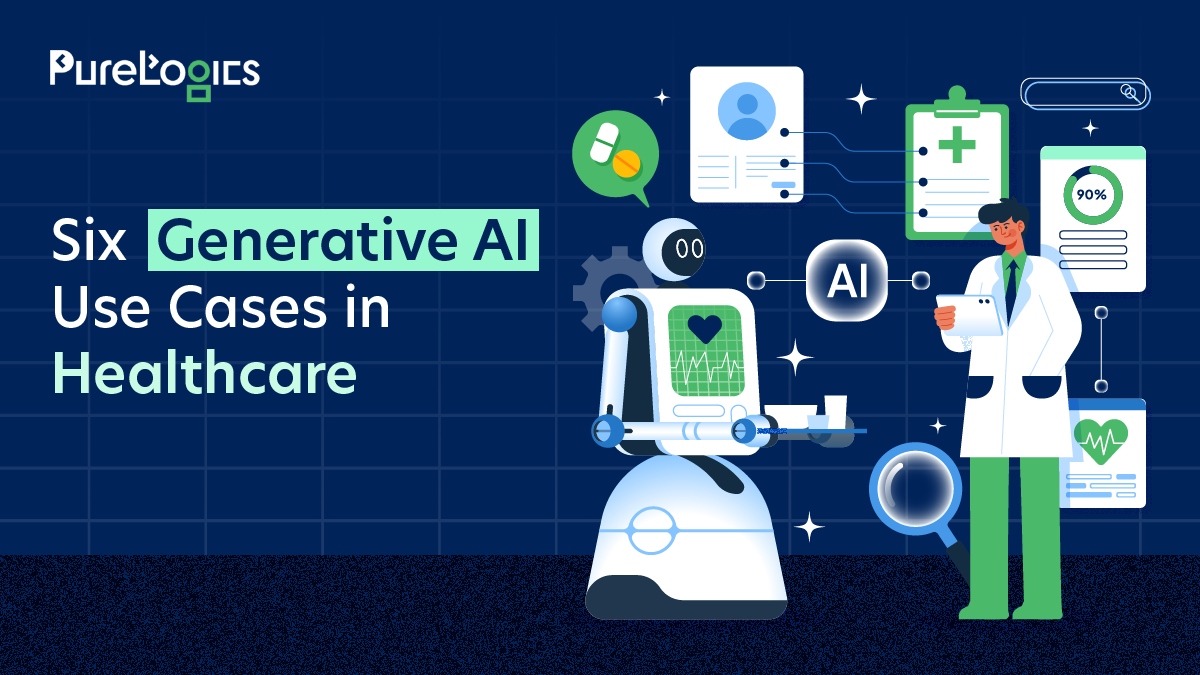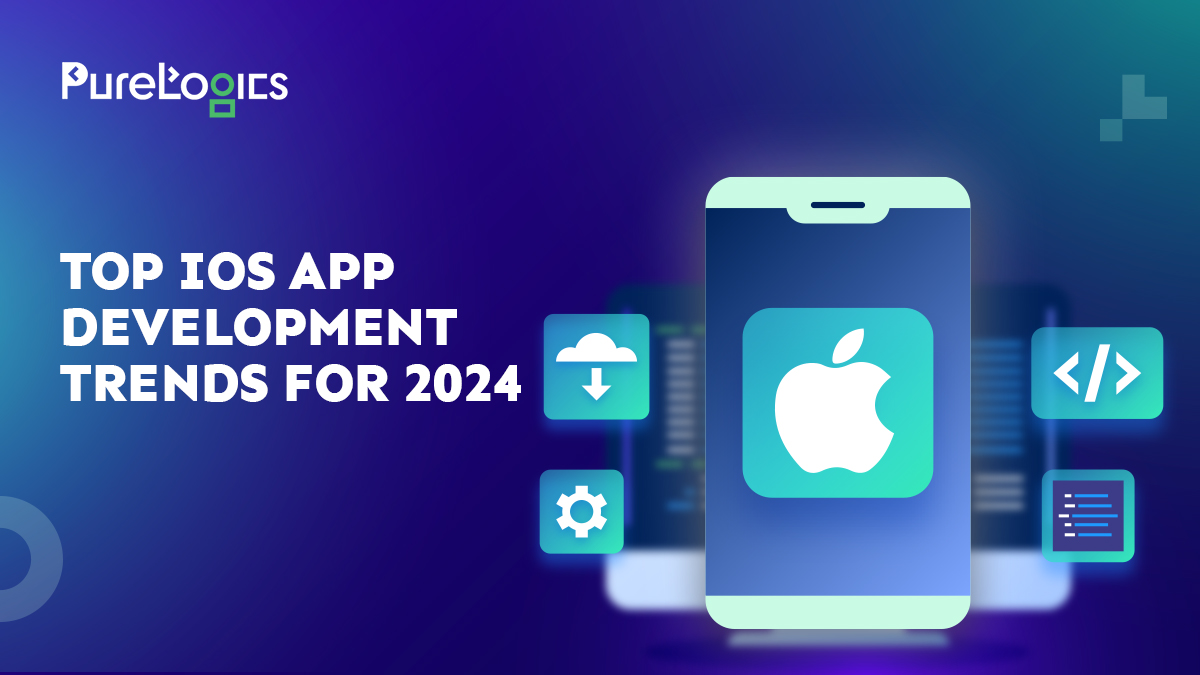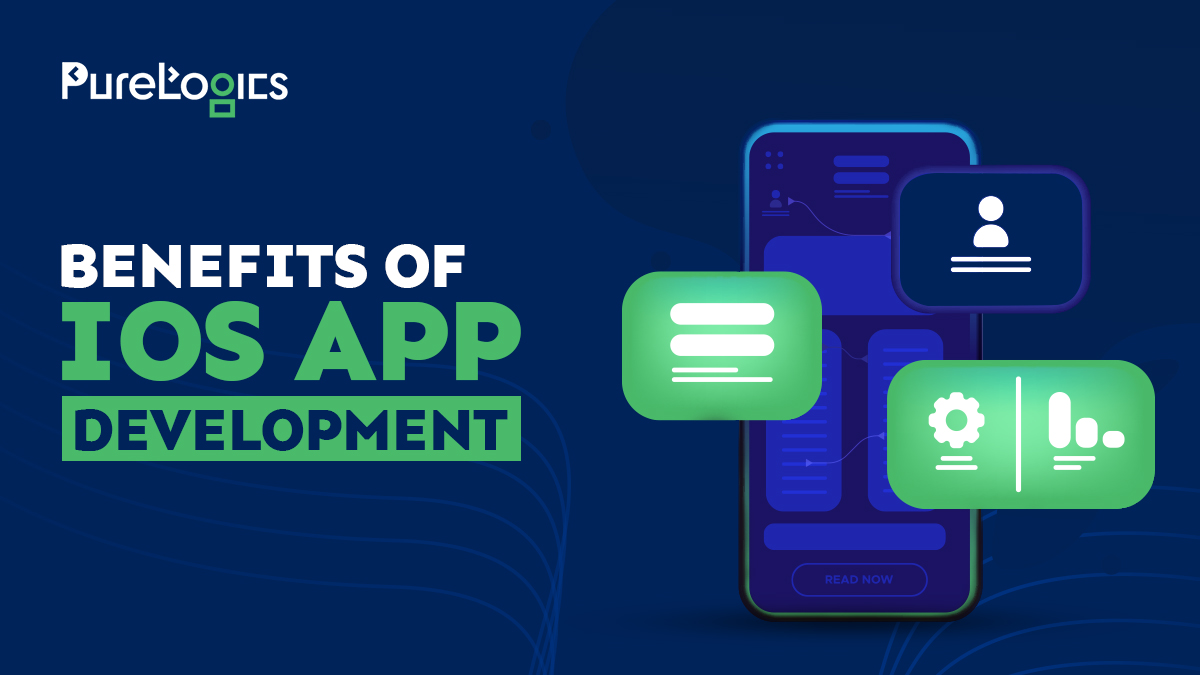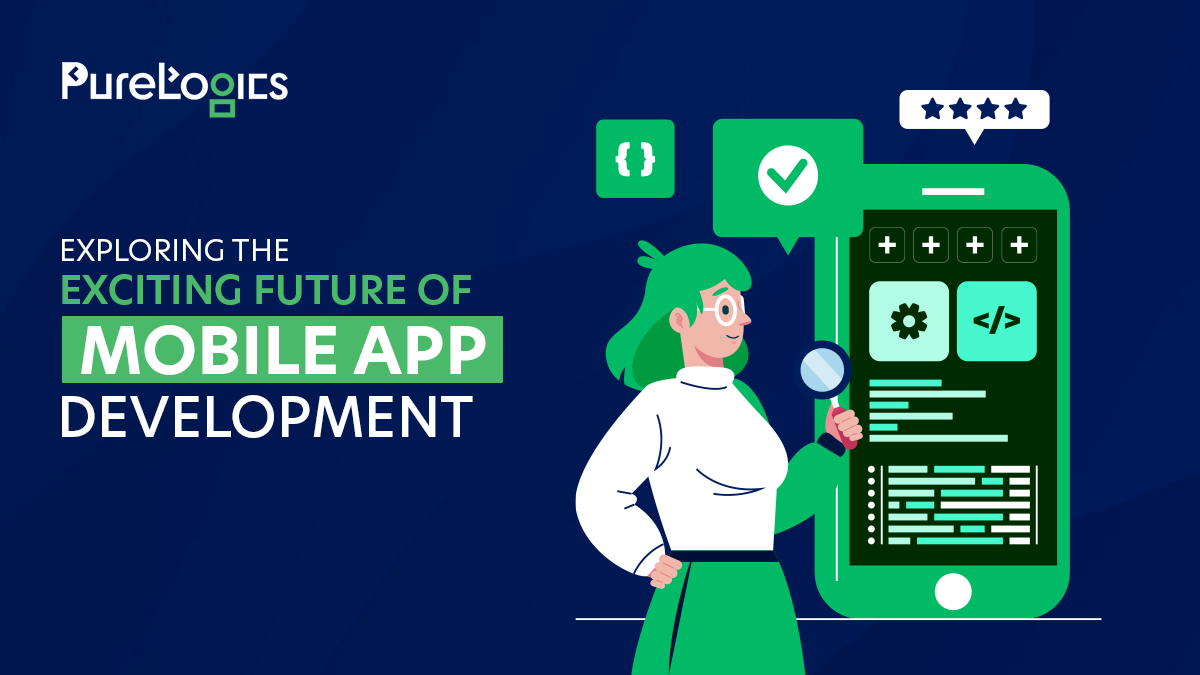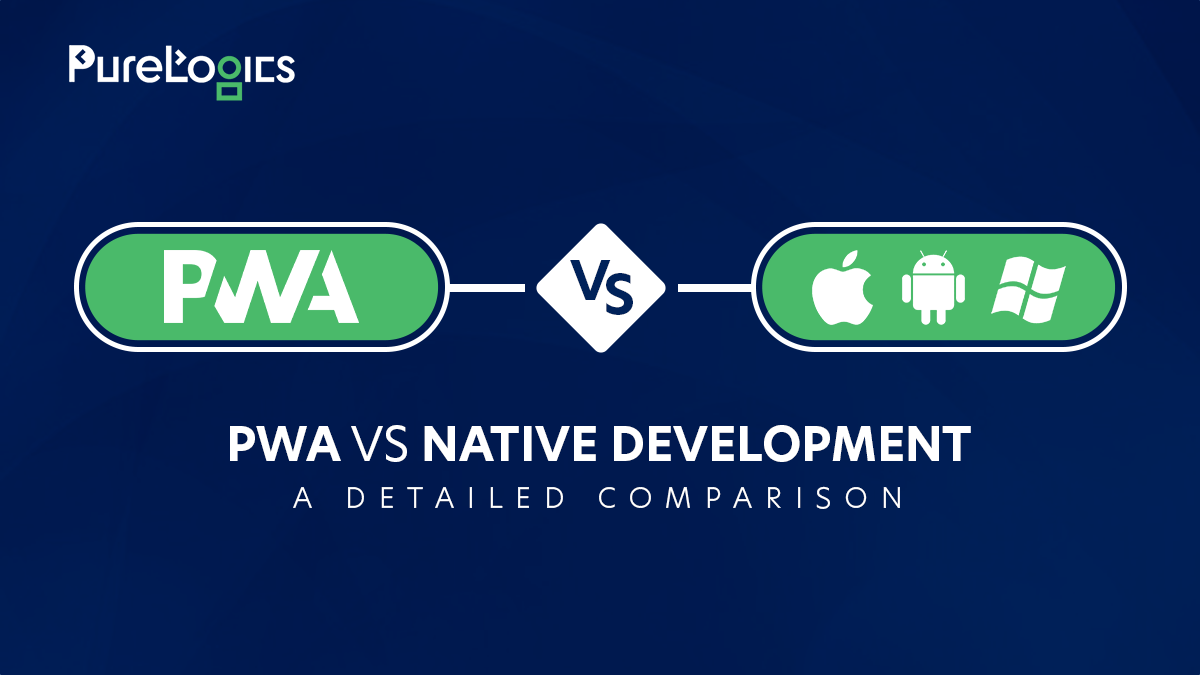Question: How is healthcare’s future?
Answer: Bright, very bright!
And we can say this with even more conviction because healthcare technology is no more a futuristic thing that we can’t dare to dream of.
Imperatively, it has been happening for a long time in the melting pot. Now, it has transformed into a solidified shape where healthtech technology lies at the forefront of the changing healthcare ecosystem.
What is Healthcare Technology?
Let’s admit it is hard not to know about telehealth medicine unless you have been living under a rock, which I expect you haven’t. So, the moment you speak telehealth medicine, you jump right into the realm of health tech.
Health tech is the fastest-growing vertical in the healthcare domain.
“Healthcare technology means any technology that creates viable solutions for the healthcare industry using AI, IoT, Machine Learning, and algorithms, including IT systems, SaaS products, medical devices, pharmaceuticals, procedures, etc., that make the medical field more advanced and reliable.”
It not only includes developing advanced medical services or devices but also ensures:
- Improving the delivery, consumption, and payment of healthcare
- Boosting health systems, such as hospitals and clinics, and increasing administrative productivity
- Aiming to optimize patient-centric healthcare delivery
- Streamlining operational, managerial, and administrative systems
- Applying organized knowledge and skills in different forms to solve a health problem
This signifies that healthcare information technology is an umbrella term encompassing different healthcare dimensions, such as consumer and medical care, paving the bridge between health and information technology as a change agent – for the better!
To give you a heads up, this is just the beginning of health care information technology. Let’s see what lies ahead of this healthcare ecosystem.
How is Health Information Technology Going to Change Healthcare Future?
In 2019, the global healthtech market lingered somewhere near $175 billion. But after COVID-19 hit and shook the world, healthcare technology rose rapidly. Now it is estimated to reach $660 billion in 2025.
Now, healthtech is slowly seeping into the life of people, and so are healthcare technology companies mushrooming all around. So, no wonder, in 2022, the health tech startup industry was the second largest seeded market with a 12.7% share.
Credit: CBINSIGHTS
With the growth and advancement in the healthcare sector, new challenges are erupting that could be a problem for the world if not addressed properly.
Therefore, the improved healthcare infrastructure, growth in pharmaceutical companies, tilt towards research, betterment in medical services, and a lot more factors are contributing to:
- Better life expectancy
- Changing lifestyle
- Changing expectations
- More resource utilization
- Population management issues

These issues are just a few problems visible on the surface of babble. What about all those problems that lie underneath?
Global medical cost is touching an all-time high in 15 years to cope with these changes and increased recession.
So no wonder, The Global Medical Trends Survey 2023 shows a periodic increase in the cost of healthcare from 2021 to 2023.
The changing landscape further paves the path for healthtech management services to streamline, manage, and improve healthcare practice to cut additional operational, managerial, and customer care costs.
That’s why health information technology is no longer a dream; it is happening and is expected to rise even more. So, if you are a healthcare practitioner running a hospital or private practice, it is time you should keep tabs on healthcare technology trends.
Staying up-to-date with the technological development in the healthcare industry is your way to go.
Healthcare Technology Trends You Should Vouch For
Now, you know about:
- What is information technology in healthcare?
- How is healthcare changing our present?
- How is healthcare technology the future of the healthcare industry?
It is time to explore the emerging trends in healthcare powered by healthcare information technology.
#1: The Emergence of Artificial Intelligence
Gone are the days when Artificial Intelligence was just a buzzword, and now it is slowly but definitely taking over the world – including the healthcare industry. It is now playing a decisive role in clinical healthcare and making clerical work better, faster, and streamlined.
The promise of artificial intelligence in medicine is to provide composite, panoramic views of individuals’ medical data; to improve decision making; to avoid errors such as misdiagnosis and unnecessary procedures; to help in the ordering and interpretation of appropriate tests; and to recommend treatment.
Eric Topol, Deep Medicine: How Artificial Intelligence Can Make Healthcare Human Again
Here are a few areas where AI plays a paramount role as an agent of health information technology:
- Natural language processing
- Predicting drug clinical trials
- Pattern recognition algorithms
- Possible side effects of new medicines
- AI-aligned computer vision to spot signs of a disease
- Detecting and treating various health issues
Artificial Intelligence – significantly, machine learning in health care information technology is predicted to increase by $20 million in 2023.
This is just the beginning; AI is predicted to ambulate health technology to altogether new dimensions. That will improve the healthcare sector and elevate the health standard. In fact, healthcare practitioners have already started using it as a healthcare technology tool, but specialists use it as an additional aid.
It is difficult to handle AI-based mistakes because you can’t trust a machine despite its par-excellence performance. So, incorporating AI into the healthcare industry is taking time, but not fully ignored.
They are trying to get the most out of it while improving it every day.
Final Words
It is time for healthcare and health-tech companies to change their focus. The healthcare industry should focus on how AI can clinically and clerically change its face. Similarly, the health–tech industry should take a leaf out of the book to proliferate the healthcare ecosystem so that health technology assessment with risk aversion in health can become a reality.
#2: Telemedicine is Taking Over Healthcare
Now, telehealth is no more a luxury only for rich people. It is becoming common with the emergence of various startups that focus on creating healthcare technology that makes possible…
- Remote doctor-patient interaction
- Sharing e-prescription
- Scheduling appointments
- Regular checkups without delays
- Better healthcare opportunities for all
Procuring the benefits of telehealth for patients and practitioners, it is easy to predict that doctor-patient meetings might be more virtual than face-to-face meetings in the upcoming years.
According to a report by Global Market Insights, 2025 will see a breakthrough in the telemedicine market.
Telemedicine is more than a telephone call between a patient and a doctor. It is a small chunk of the picture we call a remote care system. For example, Continuous Glucose Monitoring (CGM) can help doctors improve the health condition of diabetic patients by keeping a check on their patients remotely.
Another initiative is the use of robotic technology for remote surgery. This practice might not have become common, like taking a cup of tea, but healthcare technology is working on this to make it a breakthrough in the medical field.
Final Words
Telemedicine is undoubtedly keeping the base for the modern era of healthcare, where distance is no longer a hurdle in the way of improving healthcare. You don’t have a conveyance, the weather is not good, nobody is available to take you, or whatever the situation is, it is easier to contact a doctor and get quick help.
#3: Internet of Medical Things is Really a Thing
You might have heard about IoT, but in the field of medicine, it is IoMT (Internet of Medical Things). This technology health care focuses on making healthtech solutions that make healthcare efficient and effective.
Remember all those healthcare and wellness apps you encounter on Google Play or iTunes? When you connect them with wearables and start collecting data, you are sitting right under the umbrella of IoMT.
IoMT system works through four layers:
- Application
- Data Management
- Network
- Data Collection
This diagram just explains the different layers of IoMT. However, there goes a lot more to make IoMT a huge healthcare tech paradigm, revolutionizing different healthcare sectors.
So, when you read wearables as the main data collectors in the IoMT system, don’t forget there are three more types of devices, including implantable, nearable, and bearable devices – wearables are just one type.
Final Words
IoMT is a huge world with a wide capacity to change the health technology landscape. Healthcare technology services are working on this dimension, but more is needed. We hope to see more innovative development in this field in 2023, with a wide improvement in the healthcare domain.
4. Healthcare Security and Privacy are Ruling
High-quality healthcare offerings were always considered an important part of medical practices. However, security and privacy penetrated the field in 1996 when HIPAA (Health Insurance Portability and Accountability Act) became part of the law.
Now, security and privacy are an important part of the healthcare industry, and government bodies, hospitals, and healthcare technology companies are working on their end to strengthen it. However, despite all efforts, 550 organizations were hit by data breaches, exposing the data of 40 million people.
So, 2023 will be the year when:
- Health security and patient privacy will be the primary focus.
- Companies working on health care technology will be more in demand.
- Healthcare practitioners would be looking for secure devices and solutions.
Final Words
Remember that HIPAA compliance is not an option. Non-compliance with HIPAA can cost you $50,000 and a tour to jail. So, running a healthcare practice or connecting with healthcare in any way makes you responsible for securing ePHI (Electronic Personal Health Information) and complying with the law and humanity. Let’s make 2023 a year that ensures patient data protection.
5. Retail Health is Prevailing Faster than You Think
Most people don’t know about retail health services, and those who know mix them with telemedicine. Both are different things! Retail health is undoubtedly a sigh of relief for many patients who cannot travel, but unlike telemedicine, it is not a virtual connection.
In retail health, someone from your selected retail shop visits your house and collects samples for the test so that you don’t have to step out.
These are just the top players in this field; many more are working to perform better while others are in the process of emergence. This popular trend is also because of the changed consumer behavior.
Today’s consumers prefer convenience, transparency, and quality over doing hard work to achieve something. That’s where the retail health industry is working by:
- Offering an easier online experience
- Providing even better in-person interaction
- Cultivating health behavior in consumers
Health retailers have also pushed healthcare practitioners to change their practices, strategize their performance on better lines, and perform better to stay firmly grounded in the health industry.
Final Words
Health retailers or healthcare on-the-move services are an amazing option for propagating healthcare technology without any hassle. The retail corporation visits your house with their technology in healthcare solutions to address your various needs, like taking tests, etc. Besides getting retail health services, they also get improved healthcare in information technology services due to increased competition. This healthcare trend is good news for patients as it is an all-square.
Frequently Asked Questions
- What is blockchain technology in health care?
Unlike the popular perception, blockchain is not all about cryptocurrency. It is a huge technological development that helps doctors and other health practitioners save and transfer patient data from one place to another without any fear of data breaches. Blockchain also reduces the spine-chilling fear of medical errors and mistakes.
- What is wearable technology in healthcare?
Wearable technology in healthcare is devices attached to the human body to collect and send real-time user data to a health practitioner. It is an advanced form of health technology that gives IoMT a central position in health-tech.
- What are some benefits of health technology?
The importance of IT in healthcare focuses on making it error-free and agile, improving operational efficiency, focusing on preventive care, and optimizing the overall quality of care.
- Where is the technology used in the healthcare field?
Healthcare technology has become a huge phenomenon with the use of technology in the healthcare domain. It has given rise to a new field called health tech, which uses IT systems and tools, devices, and software to bring improvement, development, and betterment in the healthcare and medicine field.
- What is Business Healthcare Technology?
It uses IT tools, software, and technology to bring betterment and learning opportunities to the healthcare department. It produces, entails, and propagates it as a helpful knowledge base for academic or occupational activities.
- What is the future of healthcare services?
The future of healthcare and healthcare management services will be way different. It has started to change due to technological advancements, changes in healthcare design, and consumer behavior. It will drive further changes in how healthcare software is financed, provided, and regulated. So, if you want a health information technology degree, your future will be bright and very advanced. You can get health information technology jobs without rubbing stones.
Conclusion
We are already in the mid of 2023, and so is healthcare technology — and both are rolling toward a better future. The goal is to improve healthcare quality and offer a better patient experience, and that’s where health information technology comes to the rescue.
This has never happened before in healthcare history, where patients can virtually talk to their doctors, scientists can judge the quality of drugs, doctors can virtually monitor patients’ heartbeats, and patients feel secure about their privacy. Now, this all is happening, and much more is coming!
It is hard to keep tabs on everything in the melting pot, but it is significant for everyone, including practitioners, scientists, and patients, to know what is cooking. That will help make a difference in healthcare and the lives of people looking for a better and healthy future — let’s make technology in healthcare that catalyst!



 [tta_listen_btn]
[tta_listen_btn] Afira Waheed
Afira Waheed March 16 2023
March 16 2023


